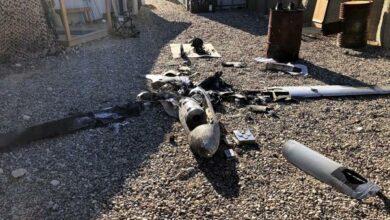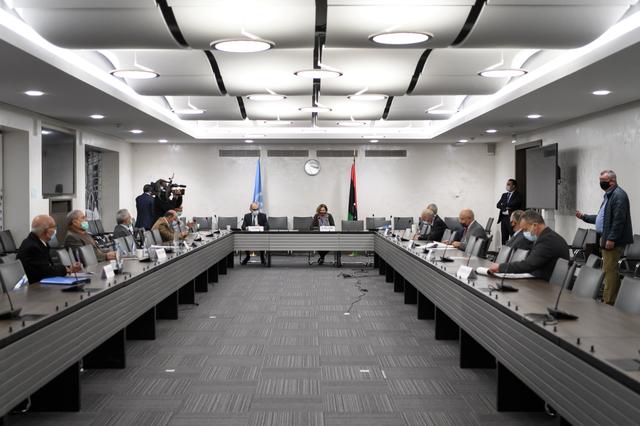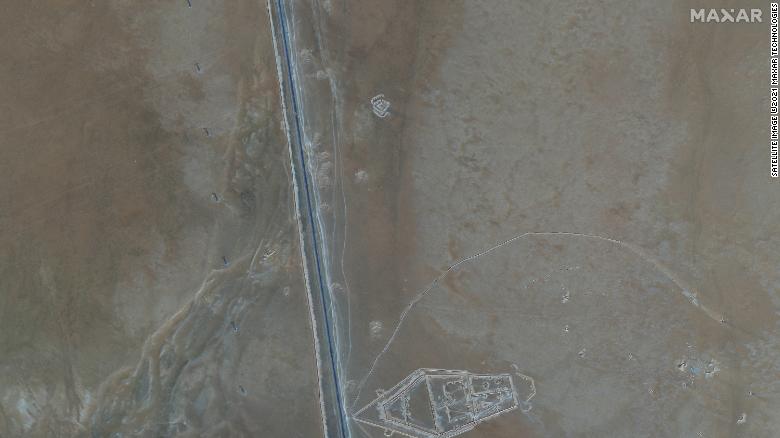
Forces aligned with Libya's unity government were engaged in fierce clashes with Islamic State on Thursday in the group's stronghold of Sirte, but were facing resistance from snipers as they edged toward the city center.
Brigades in the western city of Misrata have advanced rapidly, driving militants back along the coastal road west of Sirte before seizing strategic points on the edge of the city.
A separate militia controlling oil terminals in Libya's oil crescent, the Petroleum Facilities Guard (PFG), says it is making ground from the east, reducing the 250-km strip of Mediterranean coastline that Islamic State held by at least half.
If the advances are sustained, they could dislodge Islamic State from its most important base outside the Middle East and provide a boost to the U.N.-backed Government of National Accord (GNA).
Mohamed al-Gasri, a military spokesman based in Misrata, said fighting was underway on Thursday near the Ouagadougou conference hall, where Islamic State hold religious instruction sessions.
"We think that Sirte will be liberated within days not weeks," Gasri said. "The Daesh (Islamic State) snipers are a concern to us because they shoot from long distances and that has hindered us in the battle inside the city," he added.
The brigades had already claimed control over a number of strategic sites on Sirte's outskirts including an air base, several military camps and a roundabout where Islamic State had previously hung the bodies of executed enemies.
Dozens of brigade members have been killed and hundreds wounded in the past month of fighting. On Wednesday alone, 15 men were killed and 95 injured, a Misrata hospital spokesman said.
The main hospital in Misrata is overflowing and some fighters have been flown to Turkey or Italy for treatment. On Thursday the GNA appealed in a statement for further international medical aid "for our heroes at the front lines".
The GNA is designed to replace two rival governments that have competed for power from Tripoli and from the east since 2014, backed by complex alliances of armed groups.
Both the PFG and key armed groups from Misrata have pledged to support it. Western powers see the new government as the best chance of ending the turmoil plaguing Libya since Muammar Gaddafi was forced from power in an uprising five years ago.
Since arriving in Tripoli in March the GNA has sought to meld some of Libya's key armed factions into a unified security force, even as it continues to face resistance from political and military hardliners in the east.
These include eastern military commander Khalifa Haftar, who has been conducting a campaign against Islamists and other opponents in Benghazi for the past two years.
The GNA appointed another eastern commander, Mahdi al-Barghathi, as minister of defense. He has been trying to peel away support from Haftar, and last week two military units in Benghazi announced their support for the GNA.




